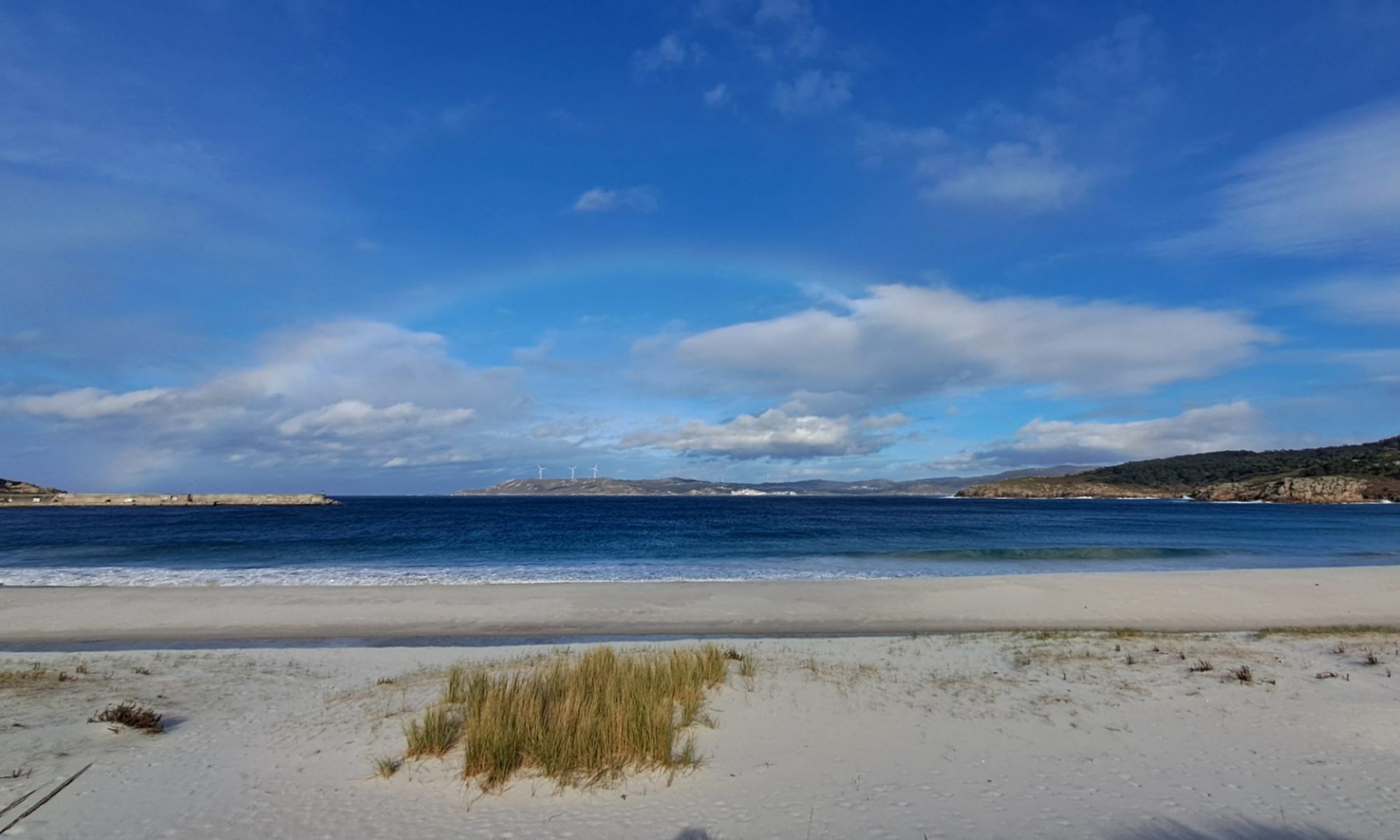Part four of my notes from The Scottish Enlightenment
All three banches of the Scots family went to the American colonies. The Ulster Scots went in such numbers that the British parliament worried that they might be so depleated as to remove the protestant advantage in the area. The Highland Scots went with the highland clearances and the lowlanders followed the trade. Many who went were the fierce Calvinists of the old order in the Kirk who saw that they were loosing ground in their home land, their strong belief in their religion but also in personal liberty remains in the US today. The academic spirit of the Scots travelled with them. Princeton was a Scots run university ruled by the old Kirkists who did not believe in the teaching from the likes of David Hume or Adam Smith but nethertheless ensured they were studied on the understanding that you can not critisise what you have not studied. When the war of independence came Scots on both sides of the atlantic were divided. Strangly many of the Catholic Highlanders who had suffered after the fourty five under the Hannovarian government faught in their defence, relearning their warrier attitude with weapons and costume not allowed to them since the Jacobite uprising. French help won the war for the Americans (bankrupting France into its own revolution). One third of the signitories to the declaration of independence were Scots and they created a system of government based on the theories of Hume. No single entity was soverign and all branches of government were in effective competition. Only the right way of reason and common sense would be able to be passed by the government. The legal system was based on the reasoning of the Scots system and included a new feature where the supreme court could overrule the government, another check.
By the end of the 18th century the big names of the Scottish Enlightenment had died. They left behind them a legacy that would reform the English and British political system. Britain was in political crisis after loosing wars to the Americans, the Spanish and the French. A revolution was under way in France which would inspire the middle classes that they needed a political voice. Ireland was about to revolt and the Bank of England had to suspect cash payments. Scotland however had a self-confidence above that of England. Edinburgh was architecturally stunning with its Adam style new town and the new skyline on Carlton Hill by William Playfair. Less than one person in 20 in Scotland could vote. A new breed of Scottish Whigs became prevelant and restarted the Edinburgh Review, a quarterly lirerature review which mixed in opinion and bias and was very popular. Many were worried about a French style revolution (with all its terror) if the political contitution was not reformed. After 23 years of opposition and with the country in economic depression a Whig government comprised largely of Scots took office over the Tories led by the Duke of Wellington. They managed to pass the reform bill by 1 vote and later the Scottish Reform Bill. The change was not radical but it did pave the way for a second reform bill in 1867 which did let the working classes have a vote. By then the Whigs were calling themselves Liberals.
In the Highlands the clearances were taking place. Freed from the clan ties the chieftans realised they could get rid of their mounting debt by clearing most of the population of the highlands who went to work in the cities or to the new world. The highlands could not support the number of people living there, most had become dependent on tatties which could produce 4 times as much food as barley or wheat, but the tattie blight saw an end that survival means.
